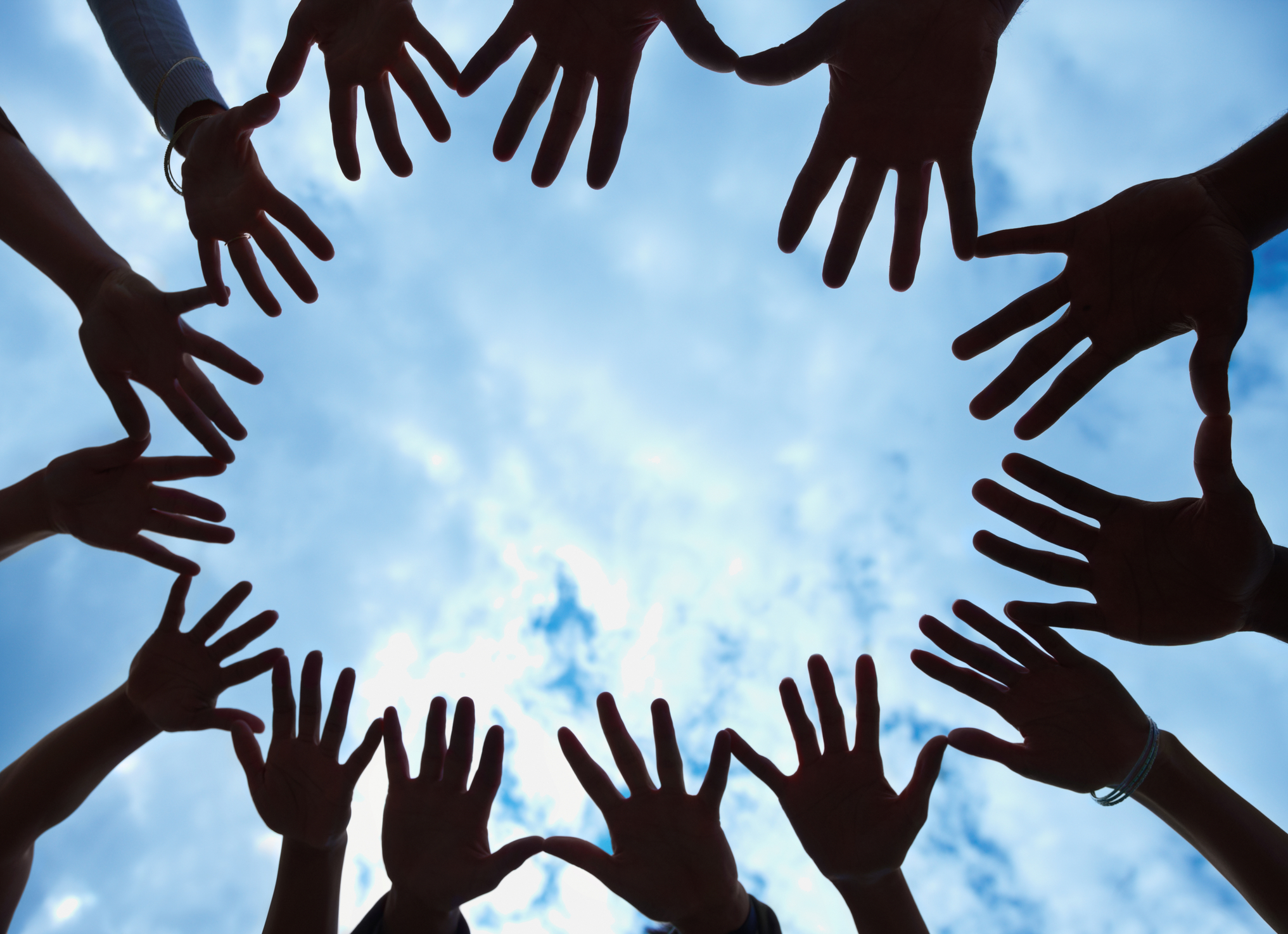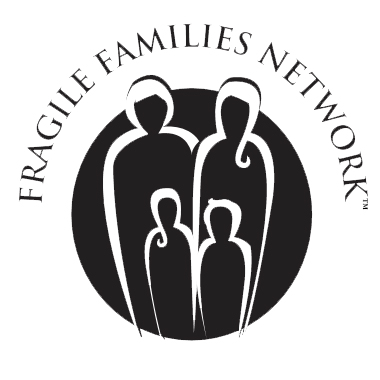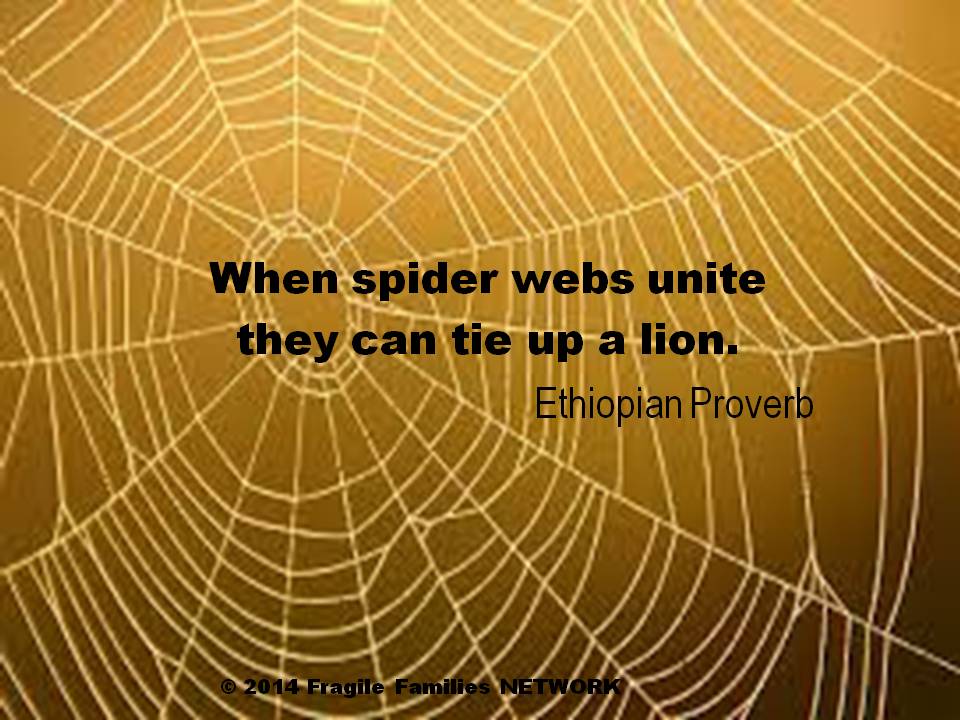The Importance of Grandfamily Peer Support: Understanding, Empathy, and Action

In the landscape of caregiving, perhaps no one understands the challenges, triumphs, and nuances better than those who have walked the grandfamily journey themselves. Grandfamily peer support, born from this deep well of shared experience, stands as a beacon of understanding, empathy, and actionable assistance for those navigating the complexities of raising a relative’s child.
Why Grandfamily Peer Support is Needed
- Understanding: Unlike traditional support systems, peer support within grandfamilies bridges the gap of understanding that often exists. Peers comprehend the unique dynamics, legal hurdles, emotional strains, and financial pressures that come with stepping into a parenting role unexpectedly.
- Empathy: The power of empathy cannot be overstated. Peers who have lived through similar circumstances can offer empathy that is not just sympathetic but truly empathetic. This shared empathy fosters a sense of connection, validation, and emotional healing.
- Practical Guidance: Beyond emotional support, peer groups can provide practical guidance on navigating legal processes, accessing community resources, managing finances, and dealing with everyday challenges specific to grandfamily caregiving.
How Grandfamily Peer Support Can Help
- Validation: Many grandfamily caregivers struggle with feelings of isolation or inadequacy. Peer support validates their experiences, reminding them that they are not alone and that their efforts are commendable.
- Skill-Building: Peer groups often host workshops, training sessions, and educational events tailored to the needs of grandfamily caregivers. These opportunities for skill-building can empower caregivers with tools and knowledge to navigate their roles more effectively.
- Networking: Peer support networks facilitate connections and networking among caregivers. These connections can lead to friendships, shared resources, and a broader support system.
Pros and Cons of Becoming a Grandfamily Peer Support Person
Pros:
- Personal Fulfillment: Helping others can be deeply rewarding and fulfilling.
- Empowerment: Serving as a peer support person empowers you to make a positive impact in your community.
- Knowledge Sharing: You can share your experiences, lessons learned, and practical tips with others.
- Community Building: Peer support efforts contribute to building a stronger, more connected community of caregivers.
Cons:
- Emotional Toll: Providing support may sometimes be emotionally challenging, especially when dealing with difficult or traumatic experiences.
- Time Commitment: Peer support roles may require a significant time commitment for training, meetings, and supporting others.
- Boundaries: Maintaining healthy boundaries while providing support is crucial to prevent burnout or emotional exhaustion.
If you are passionate about supporting grandfamily caregivers and believe in the power of shared experiences, consider becoming a grandfamily peer support person. Start by reaching out to existing peer support groups, attending training sessions, and learning more about the specific needs of grandfamily caregivers in your community.
Together, we can create a network of understanding, empathy, and actionable support that empowers grandfamily caregivers and strengthens our communities.
©2024 Fragile Families NETWORK


